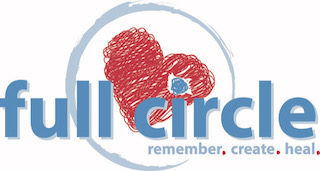By Allyson Drake
Experiencing grief can bring about many challenges in our lives, such as overcoming intense emotional pain, returning to work and personal responsibilities, adjusting to numerous changes in our daily lives, dealing with shifts in relationships with family and friends, worrying about stressors such as financial concerns or future plans, and facing the physical and emotional ache of grief. For many, Intense emotional pain after a death includes anger, sadness, guilt, loneliness, and exhaustion.
The logistical responsibilities after a loss bring about their own set of challenges, such as decision making about the future, settling financial affairs, dealing with your loved one’s personal belongings, and the mounds of paperwork required after a death.
Grief is a journey, but there is no real end in sight. Your grief becomes your companion for the rest of your life because you will have the memories of and love for your special person for the rest of your life.
But how long will the pain be so bad?
- Be patient, processing grief and loss takes time.
- Do your work and surrender to yuck. In other words, you do have to sit in the pain and experience all that grief presents. There is no way around grief.
- Don’t compare your timeline with others. Your grief is as unique as your fingerprint. We all process our grief differently, even in our family.
- Take the time to understand yourself and your emotions.
- Stop with the unrealistic expectations for yourself (or expectations others have for you).
It is possible to come to terms with life without your loved one.
- Allowing yourself to think of grief as love, all the love you had for that person.
- Participating in meaning-making in their honor.
- Finding ways to talk about them and tell their story.
- Do small acts of kindness in their honor.
- Give yourself grace when your grief overtakes you or you are having a difficult day. There is no guidebook for grief, and remember we are all doing the best we can.

